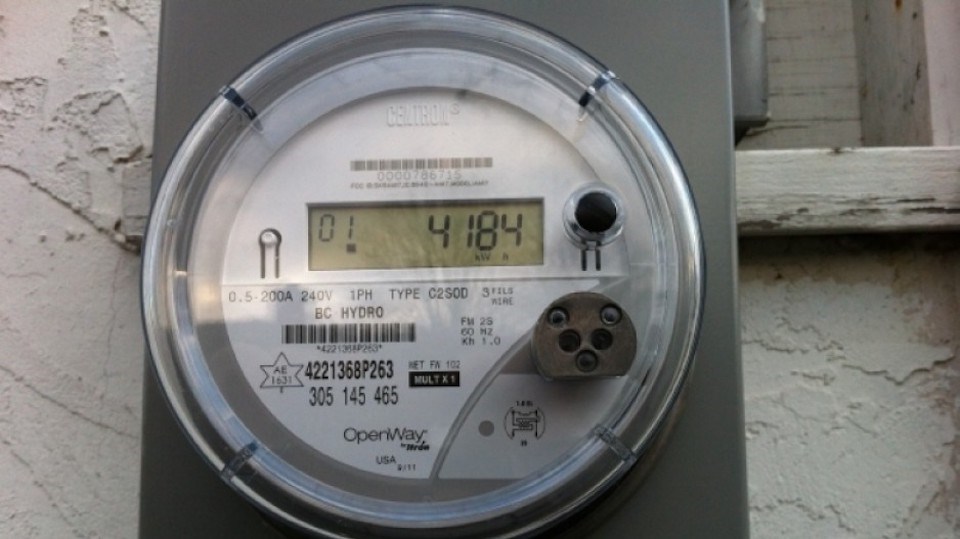While many Europeans are forced to turn the lights off, due to crippling electricity price increases, and Germany plans for power rationing next winter, BC Hydro plans to reduce power bills for British Columbians by 1.4% tomorrow.
Given that the first rate reduction kicks in on April Fool's day, some British Columbians may think it's a joke. After all, when do utility bills actually go down?
Tomorrow's decrease will be followed by a 2% increase in 2023 and 2.7% increase in 2024.
Prior to a review of BC Hydro ordered by the Horgan government, BC Hydro’s previous 10-year rate plan was forecasting electricity prices would need to rise 8% this year, 10.8% in 2023 and 13.7% in 2024.
“Affordability is our government’s top priority, and we continue to work with BC Hydro to keep electricity rates competitive and affordable for British Columbians,” Ralston said in a BC Hydro press release.
“In the BC Hydro Review, we identified several recommendations to ensure British Columbians have access to tools to help keep their bills low, and we’re actively implementing those recommendations.”
“We have the third lowest rates on the continent and are committed to keeping rates affordable as move forward in encouraging British Columbians to switch to clean hydroelectricity from fossil fuels to reduce carbon emissions in our province,” said BC Hydro CEO Chris O’Riley.
Before the review was launched, BC Hydro was facing a massive deficit of $1.1 billion, which the B.C. government wrote off. And to reduce the utility's costs, the BC government also cancelled some power purchase agreements made with independent power producers.
“Critical to managing costs was the decision to curtail the purchase of power, at relatively high prices, from independent power producers during a period where BC Hydro is in surplus and does not need additional supply,” an interim report on the BC Hydro review states.
Richard McCandless, a retired senior BC Treasury Board analyst who now blogs about public policy issues, said BC Hydro is mainly managing to reduce rate increases by using deferrals and banking on future industrial customers.
Industrial electricity sales have actually fallen in recent years, thanks to the loss of big customers, like pulp mills. But BC Hydro is offering incentives to industry to use electricity instead of natural gas. Woodfibre LNG, which plans to use electric drive instead of natural gas for its processing, is one potential new industrial customer. Cedar LNG would be another, since it would also use e-drive.
"They're forecasting significant increases in their sales domestic sales, and especially to large industrial," McCandless said. "So they've inflated their sales numbers, which in turn inflates their revenues, to offset cost increases, so it lowers their net rate requirement.
"I have serious doubts that they're going to achieve those sales numbers."
Tomorrow's rate decrease has received interim approval by the BC Utilities Commission (BCUC). The decreases for 2023 and 2024 have not yet been approved by the BCUC.
While electricity bills in B.C. are going down, natural gas bills have been going up in B.C., thanks to surging natural gas prices.
(Editor's Note: The original version of this story has been corrected. The figures for 2023 and 2024 are increases, not decreases, as originally reported.)



